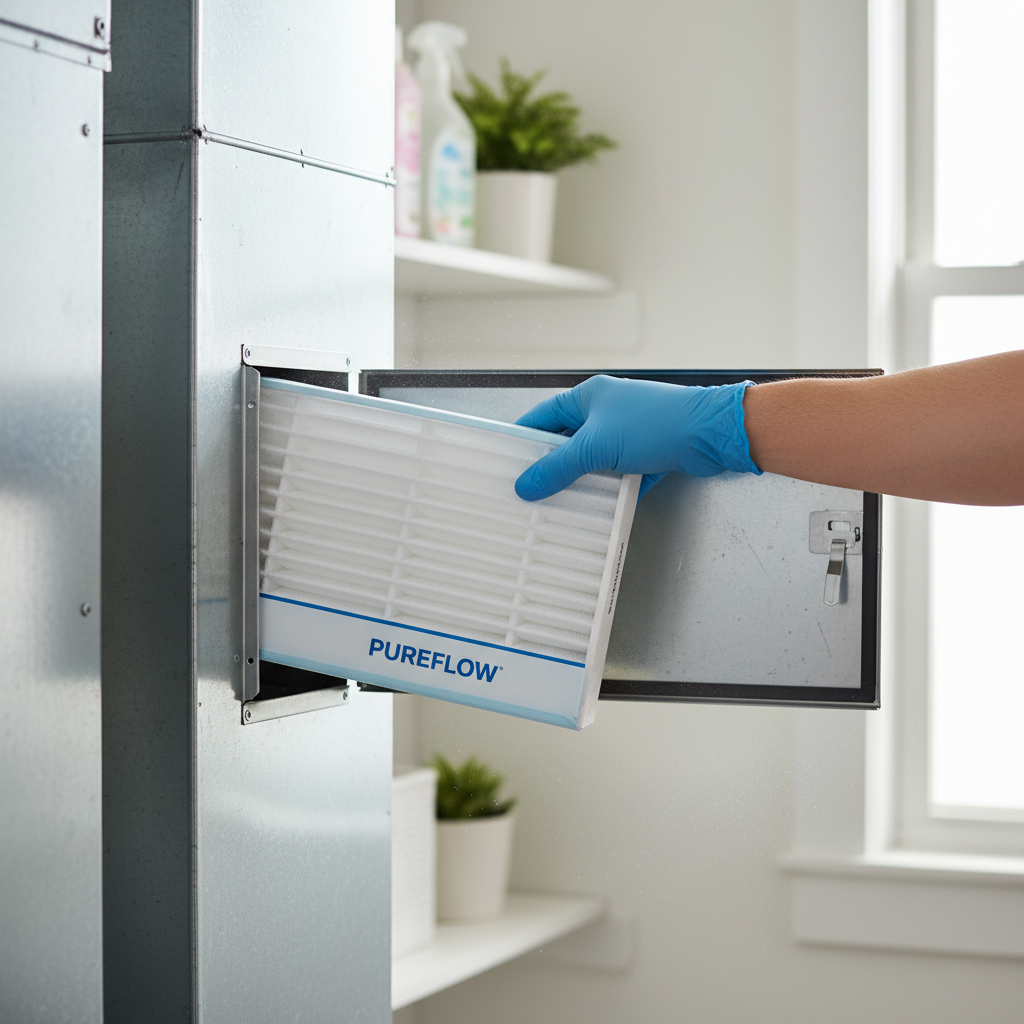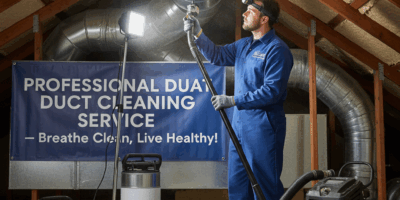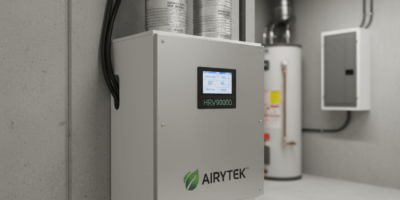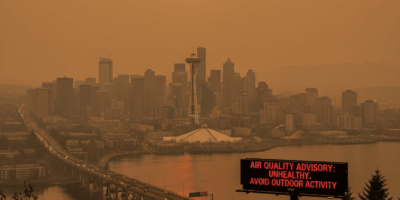The Importance of Clean Air in NW Healthcare
Air quality in healthcare settings has gotten complicated with all the infection control protocols, HVAC requirements, and vulnerable patient populations hospitals deal with daily. As someone who’s worked with healthcare facilities on their air quality systems, I learned everything there is to know about why clean air matters so much in hospitals and clinics. Today, I will share it all with you.
Think about it — hospitals are packed with people who already have weakened immune systems. Proper air filtration and ventilation aren’t just nice to have. They’re the difference between patients getting better and patients picking up something new. The stakes are that high.
Airborne contaminants — bacteria, viruses, mold — float through hospital corridors constantly. For immunocompromised patients, these pose real threats. Good air systems reduce hospital-acquired infections. Patients actually heal faster when the air is cleaner. The research backs this up.
Northwest hospitals figured this out and started incorporating advanced HVAC systems that filter pollutants and maintain proper humidity. The benefits extend beyond patients too. Healthcare workers take fewer sick days. Staff efficiency improves. Everyone wins.
Probably should have led with this section, honestly. Modern HVAC systems use HEPA filters that trap 99.97% of particles 0.3 microns or larger. In surgical environments, this filtration is critical — it directly reduces post-operative infection rates.
- Proper air circulation prevents hazardous gas buildup.
- Maintains consistent air quality throughout the facility.
- Improves comfort for patients and staff alike.
Managing air quality also means continuous monitoring. Facilities deploy air quality sensors that detect pollutants and report real-time data. When something spikes, they can act immediately instead of discovering problems after the fact.
Antimicrobial coatings on HVAC components add another layer of protection. These coatings stop mold and bacteria from growing inside the system itself. Regular maintenance and cleaning schedules keep everything functioning properly.
Energy efficiency ties into this too. Hospitals are adopting energy-saving HVAC solutions that reduce power consumption while actually improving air quality controls. Good for the environment, good for operational budgets.
That’s what makes air quality endearing to us Northwest healthcare folks — we deal with varied climate conditions. Wildfire seasons introduce smoke and particulates that can infiltrate buildings. Advanced filtration systems protect patients even during those events.
There’s evidence linking cleaner air to patient satisfaction scores. People rate their healthcare experience higher when the air feels fresh. It contributes to a sense of wellbeing that affects recovery times and overall hospital ratings.
This isn’t just a hospital thing either. Outpatient clinics, rehabilitation centers, any high-traffic healthcare environment sees improvements with better air quality. The principle applies everywhere patients go for care.
The cost implications of ignoring air quality are real. Treating complications from hospital-acquired infections gets expensive fast. Preventative measures like proper filtration save money over time. It’s an investment that pays for itself.
Research consistently shows reduced infection rates with better air filtration. The public health implications are substantial when you scale this across all the healthcare facilities in a region.
Healthcare administrators in the Northwest prioritize air quality in building design now. New facilities get built with these considerations from the start. Retrofitting older buildings remains a priority too.
Pandemics made the importance of clean air impossible to ignore. Facilities with better filtration systems reduced airborne disease spread. Those scenarios stress why preparedness in air quality management matters.
Clean air in healthcare isn’t optional — regulatory bodies set standards facilities must meet. Compliance ensures a baseline that protects patients. Going beyond the minimum often makes sense for patient outcomes.
Community awareness around clean air initiatives is growing. Public health campaigns educate people about why this matters. It’s a collective responsibility we all share, not just something hospitals handle alone.



